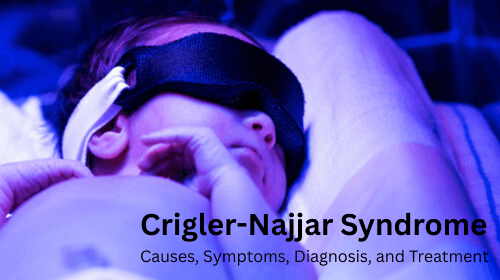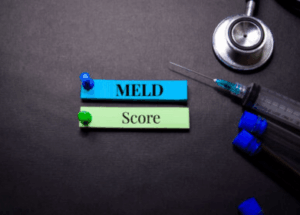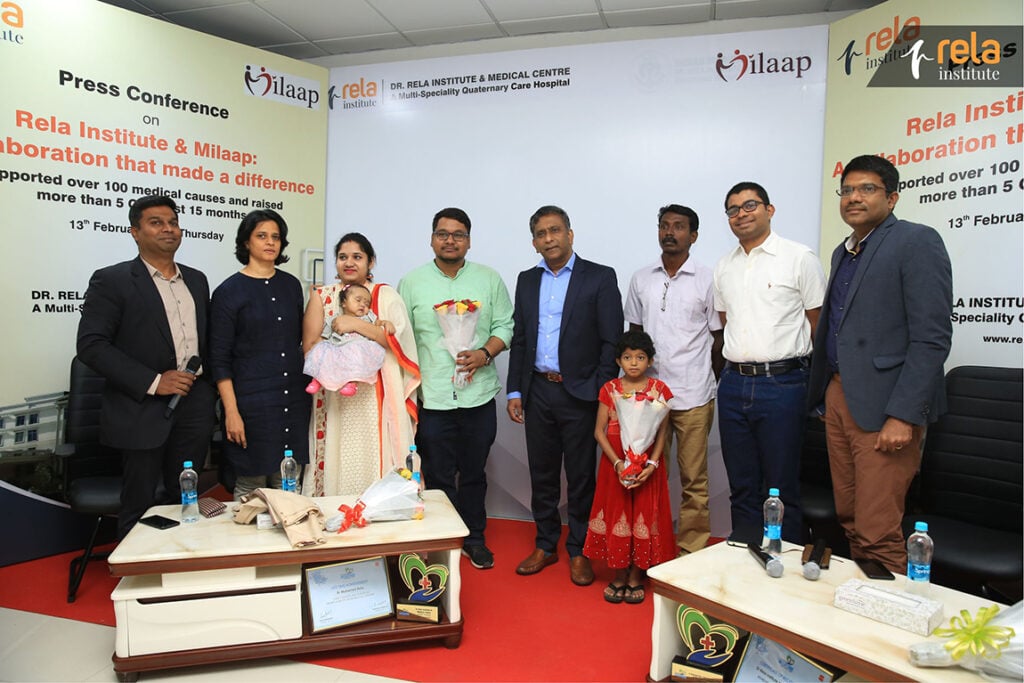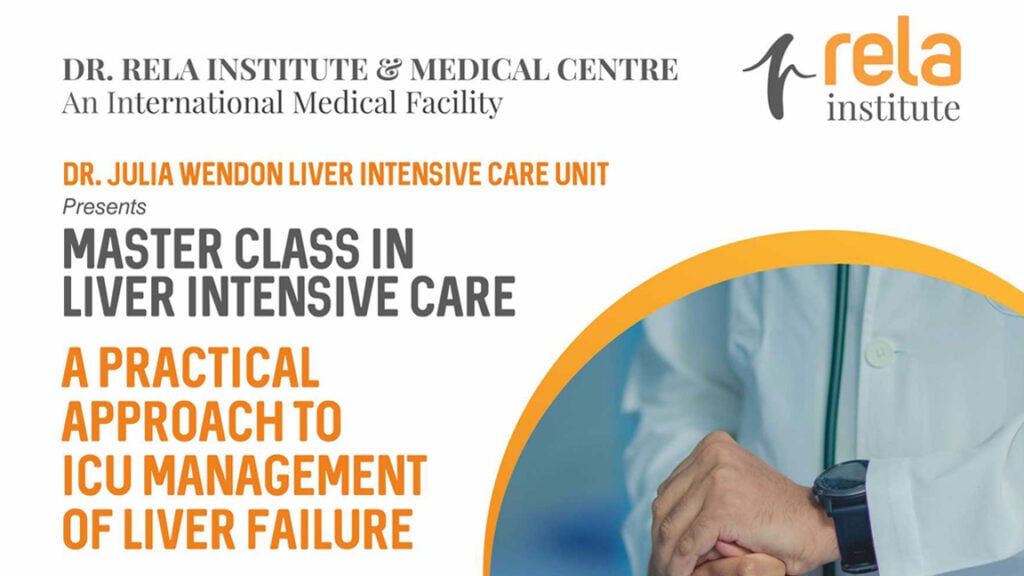Cirrhosis is a chronic condition of scarring of the liver tissues that impairs blood supply to the liver and hampers vital liver functions. Liver cirrhosis is primarily caused by infections, hepatitis, and alcohol abuse.
In cirrhosis, the scar tissues stop blood flow in the liver and makes it incapable of processing natural fluids and nutrients, hampering the body’s overall detox mechanism. It slowly stops liver protein, hormone, and other vital nutrient production as well.
Signs and Symptoms
Liver cirrhosis initially may not have any visible symptoms. However, with liver dysfunction advancement, the signs and symptoms that may be seen include:
- Weakness and excessive fatigue
- Loss of appetite and acute weight loss
- Yellow eyes and pale, dull body skin
- Bruises and skin rashes
- Dark colored urine
- White stools
- Upper abdominal pain
- Fever
- Vomiting and nausea
Symptoms of Advancing Cirrhosis
It is common for cirrhosis to advance undetected until liver damage is severe. When they do show up, symptoms could include:
- Loss of energy and persistent fatigue
- Poor appetite and unintended weight loss
- Nausea or discomfort in the upper abdomen
- Visible red, spider-like blood vessels on the skin
- Swelling in the legs (edema) or abdomen (ascites)
- Yellowing of the skin and eyes (jaundice)
- Redness on the palms of the hands
- Easy bruising and bleeding
- Mental confusion, forgetfulness, or difficulty concentrating (hepatic encephalopathy)
- Light-colored or pale stools
- Bleeding in the digestive tract
- Pale fingernails
- Clubbing of the fingers
- For women: missed or absent menstrual periods not related to menopause
- Slurred speech or drowsiness
Causes
There can be multiple health issues that cause liver cirrhosis – liver infections, hepatitis, prolonged drug and alcohol abuse are some of the known reasons; other underlying causes may include:
- Acute Alcoholism
- Cystic Fibrosis
- Sugar metabolism or Glycogen storage disorder
- Uncontrolled iron accumulation in the body
- Copper buildup in the body
- Bile duct dysfunction
- Fatty liver
- Dysfunctional immune system
- Drug and medical reactions
Risk Factors of Treatment
Risks associated with the treatment of liver cirrhosis in India include:
- Excessive alcohol consumption leads to rapid liver damage
- Excessive body fat and fatty liver, due to unhealthy food habits and lifestyle
- Improper treatment of jaundice and Hepatitis B can lead to chronic liver infections.
Types
- Hepatitis C-infected liver cirrhosis
- Alcohol abuse-related liver cirrhosis
- Primary Sclerosing Cholangitis-related cirrhosis that blocks and damages the bile ducts
Complications
Cirrhosis can result in a variety of major health consequences, including:
- Varices form when elevated pressure in the portal vein forces blood to flow through smaller veins in the esophagus or stomach.
- Fluid Accumulation: Increased pressure can cause fluid to build in the legs (edema) and abdomen (ascites). A shortage of proteins produced by the liver, such as albumin, can also contribute to edema.
- Splenomegaly: When there is high pressure in the portal vein, the spleen retains more white blood cells and platelets, causing it to grow. A lower blood count of these cells may be an early indicator of cirrhosis.
- Varices: Due to high pressure in the portal vein, blood is diverted into smaller veins in the esophagus or stomach, leading to the formation of varices. These delicate veins have the potential to burst under stress, which might result in a potentially fatal internal hemorrhage. If liver disease lowers the synthesis of clotting factors, the risk is increased.
- Infections: Cirrhosis impairs the immune system, which makes it more difficult to fight infections.
- Malnutrition: Malnutrition can cause weight loss and physical weakness because the weakened liver may find it difficult to process nutrients.
- Hepatic Encephalopathy: When the liver can’t effectively remove toxins, they may accumulate in the brain.. If left untreated, this might progress to confusion, memory problems, and finally coma.
- Jaundice: Dark urine and yellowing of the skin and eyes are symptoms of poor liver function.
- Bone Weakening: Cirrhosis increases the risk of fractures by decreasing bone density.
- Liver Cancer: People with cirrhosis have a significantly increased risk of developing liver cancer.
- Acute-on-Chronic Liver Failure: Cirrhosis can occasionally result in abrupt, serious organ failure. Although the precise reason is unknown, this complication has the potential to be fatal.
Prevention
Prevent and reduce further deterioration of liver cirrhosis by following these methods:
- Avoid alcohol completely; consumption of alcohol may further deteriorate the liver cells by scarring the liver tissues.
- Watch your weight and food intake, having a lot of natural and healthy diet helps fat reduction and controls cirrhosis effectively.
- Be careful with medication and drugs; consult your doctor before administering any new medicine.
- Get treatment from the best liver hospital in India for Hepatitis B and C. Take hepatitis vaccines to ensure maximum protection from liver infections.
- Do not share needles with others, and never have unprotected sex.
- Consult a medical expert for a liver cirrhosis screening test if you are diagnosed with hepatitis B and C infections
Diagnosis
Infections of the liver, tumors, and hepatitis often exhibit nonspecific symptoms; they are diagnosed only after liver screening tests.
- Blood tests: These tests are primary to detect liver functions, and levels of blood components known to be tumor markers.
- Increased liver enzymes
- Increased bilirubin
- Decrease in blood protein
- Acute imbalance in blood count
- Viral infections
- Abnormal Antibody Detection
- CT Scanning and Ultrasound tests: Doctors advise abdominal imaging tests to understand the causes, stage, and type of liver cirrhosis.
- CT scan accurately determines tumors.
- MRI and ultrasound aid in determining damage and planning further treatment.
- Biopsy tests: A small sample of the liver tissue is taken and tested in the laboratory to decide the type of treatment to be administered to the patient.
Treatment
Depending on the cause and type of liver cirrhosis, the treatment options include:
- Treatment through Medication: Certain drugs are administered to patients who do not respond well to non-invasive treatment methods.
- Treatment through Surgery: The extent of damage caused by liver cirrhosis determines whether liver transplant surgery will cure the patient. Cirrhotic tumors in early stages are best eradicated through surgical methods and liver transplant.
- Treatment through non-surgical methods: In advanced stages of liver;
- Endoscopy is administered to stop internal bleeding and blood in the stools.
- Treatment through Banding: To stop the bleeding, a rubber band is tightly placed around the base of the varices.
- Injection Sclerotherapy: A fluid component is injected into varices to form scar tissue and induce blood clotting, which stops the bleeding by a stemming method.
- Antibiotic Therapy: In case infection levels are high, antibiotic therapy is introduced during non-surgical treatment methods.
Management
If you are referred to a cirrhosis specialist in Rela Hospital, Chennai, you will get the best customized treatment to fully manage your health condition.
Medical management
Timely check-ups and medical help will ensure your optimum health. Our experts are updated with new medical advancements in medicine and provide the latest international drug therapy for patients with liver cirrhosis.
Lifestyle and others
- Have a low-sodium diet.
- Avoid artificial food supplements.
- Do not consume alcohol.
- Keep a balanced body weight.
- Have a healthy and low-fat diet.
- Avoid over-the-counter drugs.
- Get medical help for infections.
Preparing for your Appointment
To get an appointment with an expert doctor in the best hospital for the treatment of liver cirrhosis in Chennai – Rela Hospital, fill the request form with patient details and contact information. All appointments are made through the Digital OP scheduling system, which ensures a call back from a patient associate within 48 hours of the enquiry.
Our Patient Associate will help you in case of any financial emergency. There are many health insurance companies available for deserving patients in the hospital.
WHY Rela Hospital
The Rela Hospital Advantage
Expert Doctors:
Rela Hospital’s expert medical panel consists of the top liver cirrhosis doctor in India and is undoubtedly the best hospital for the treatment of liver cirrhosis in Chennai. In case of any complication in liver cirrhosis, you can trust Rela Hospital for timely guidance and treatment.
The state-of-the-art building is well equipped with all modern medical amenities and infrastructure according to the World Medical Council standards.
Patient Testimonials:
As Rela Hospital believes in the privacy of its esteemed patients’ health issues, you may request a patient referral or feedback. Rela Hospital has treated international patients too, at par with world standards, and has a huge satisfied and happy patient community.
Best Liver Cirrhosis Specialists in Chennai are eager to help and treat you!


















